For the coronavirus to become truly American, it needs to learn to say “Thank you for your service”. But when should the virus say this? Suggestion: whenever we wear our masks.
Case 1: Masks don’t “work” (i.e., don’t slow the transmission of coronavirus).
Suppose that masks as worn by the general population don’t work. Just as #Science tells us in “Postoperative wound infections and surgical face masks: a controlled study”:
It has never been shown that wearing surgical face masks decreases postoperative wound infections. On the contrary, a 50% decrease has been reported after omitting face masks.
and just as we’d expect from learning that masked-up Japan has 2.5X the flu death rate of the unmasked U.S.
Coronavirus is thankful when we wear masks because our misplaced faith in masks leads us to delay taking effective action against the virus, e.g., building shade structures and holding school outdoors (changing the calendar in northern states so that the school year is during the warm months), decluttering retail stores, etc.
Case 2: Masks “work” (i.e., slow the transmission of coronavirus).
Suppose that masks as worn by the general population work precisely as advertised. Maybe that still helps the coronavirus.
Consider what happens in an unmasked “give the finger to the virus” population, such as Sweden. The virus flourishes for about three months and then fails. Compare to the slow burn of the mostly-masked U.S. and the not-fade-away of completely-masked France:
Maybe the masks protect enough people that the virus can sustain itself at a low-to-medium boil. Especially in a geographically large area in which epidemics have been on different schedules, the virus keeps finding mask-protected populations to infect. The virus stays topmost in our minds, our hearts, and our media. Shouldn’t coronavirus then thank us for our service to it?
Readers: (1) are we doing the virus a favor, whether the masks work or not? (2) which of the below masks do you think is more stylish?
Related: a neighbor with female-identifying handwriting thanks “Pool Guys” for their service…
Note the relative prominence of 2 out of 50 gender IDs for parents:
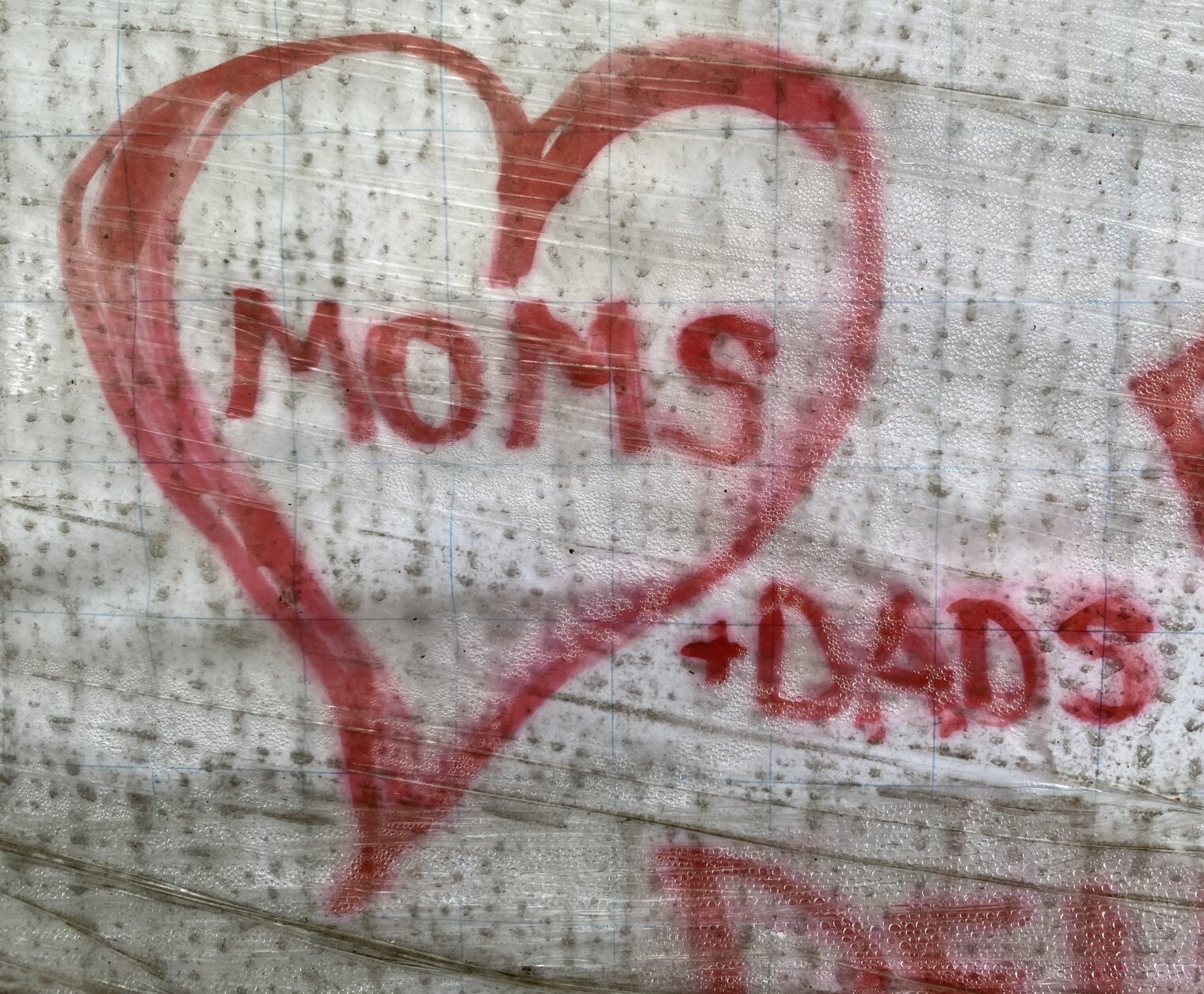
And an expression of my deepest personal feelings, ordinarily kept out of this blog as best I can…
Related:
- Cornell University, via testing, tracing, and a variety of restrictions that would be generally familiar to convicted felons on probation, is carefully tending a population of tens of thousands of fresh hosts for the coronavirus (as soon as these folks leave the restrictions of the bubble to which they’ve voluntarily subscribed, the virus will be happy to infect them)
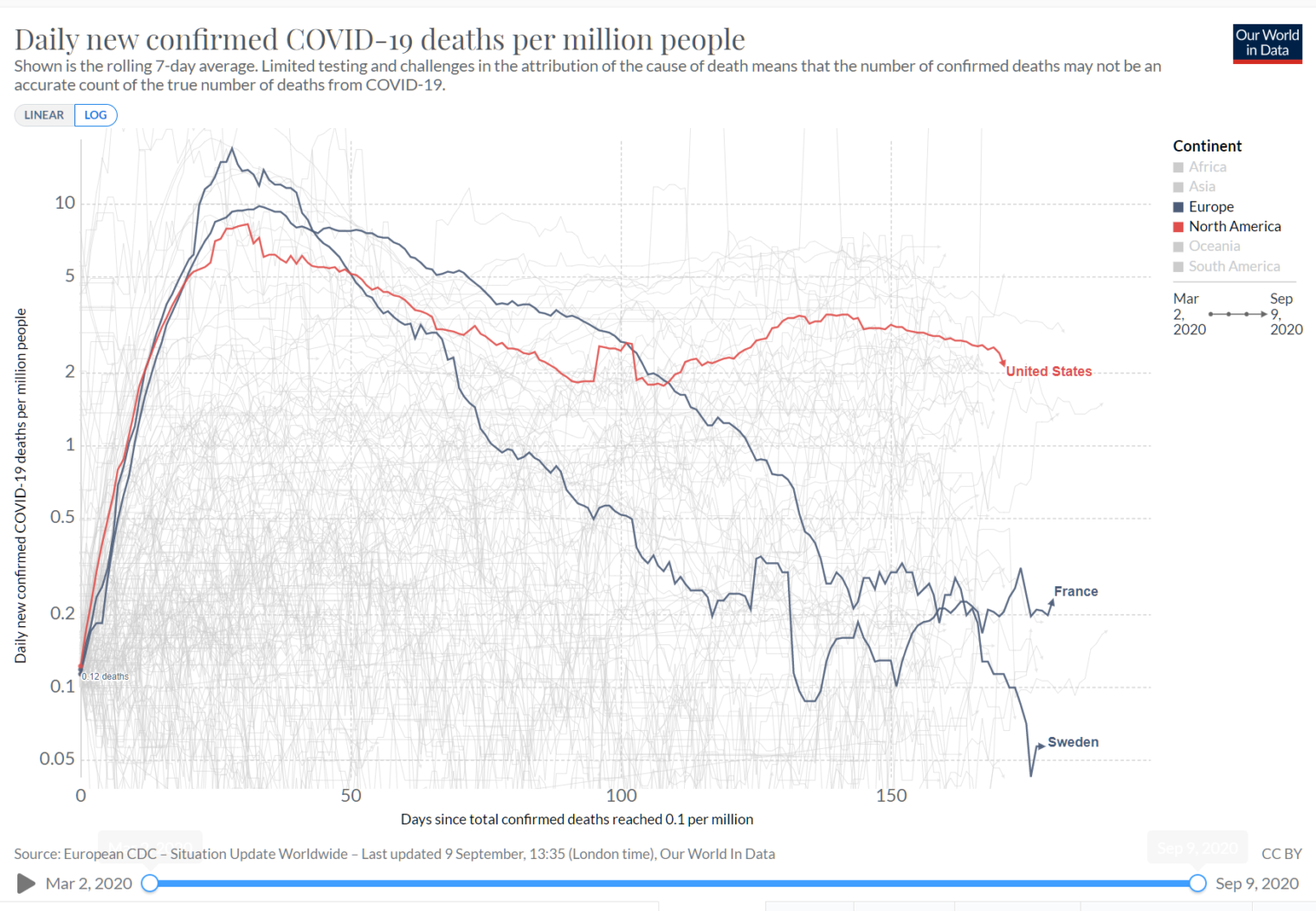
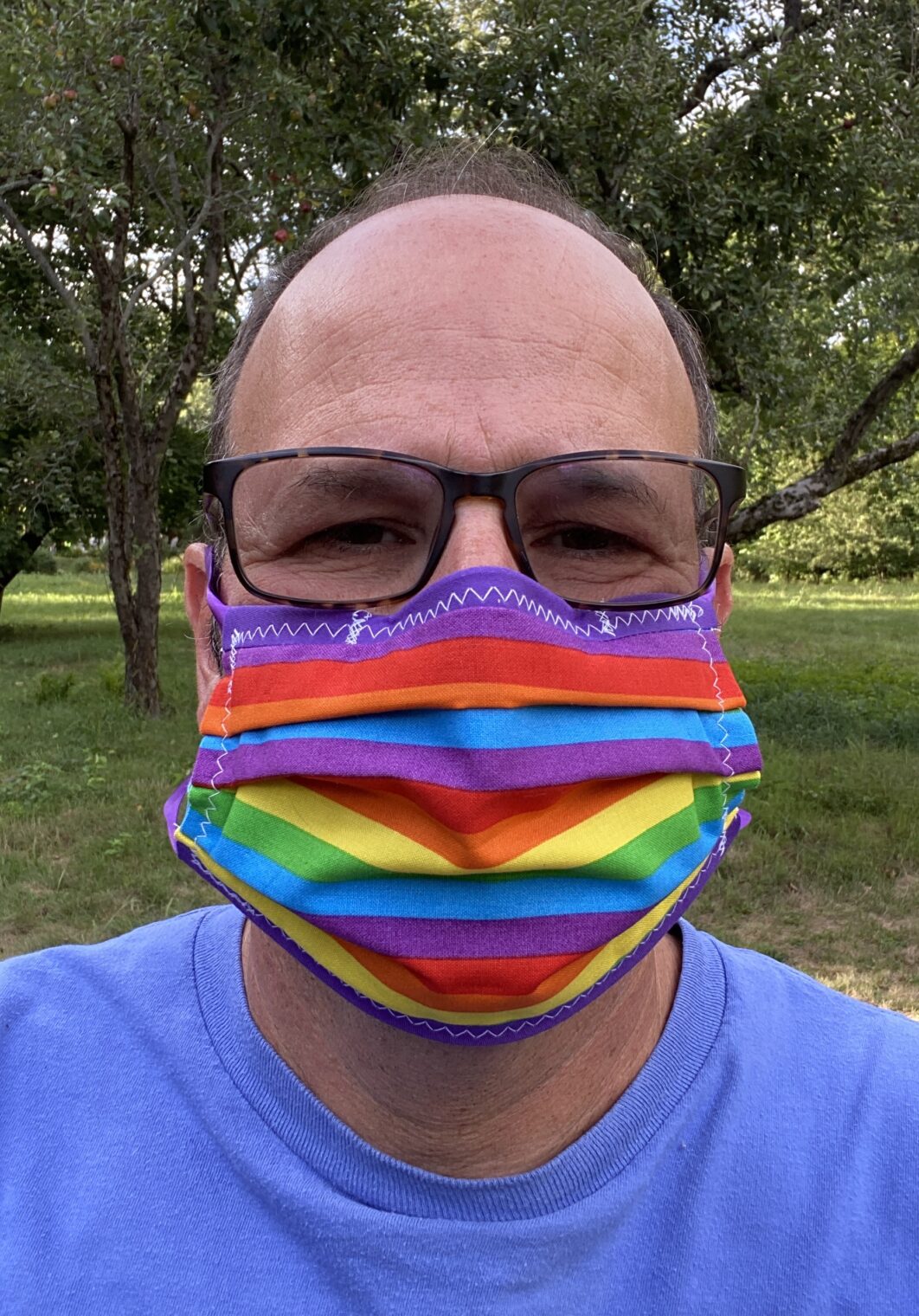
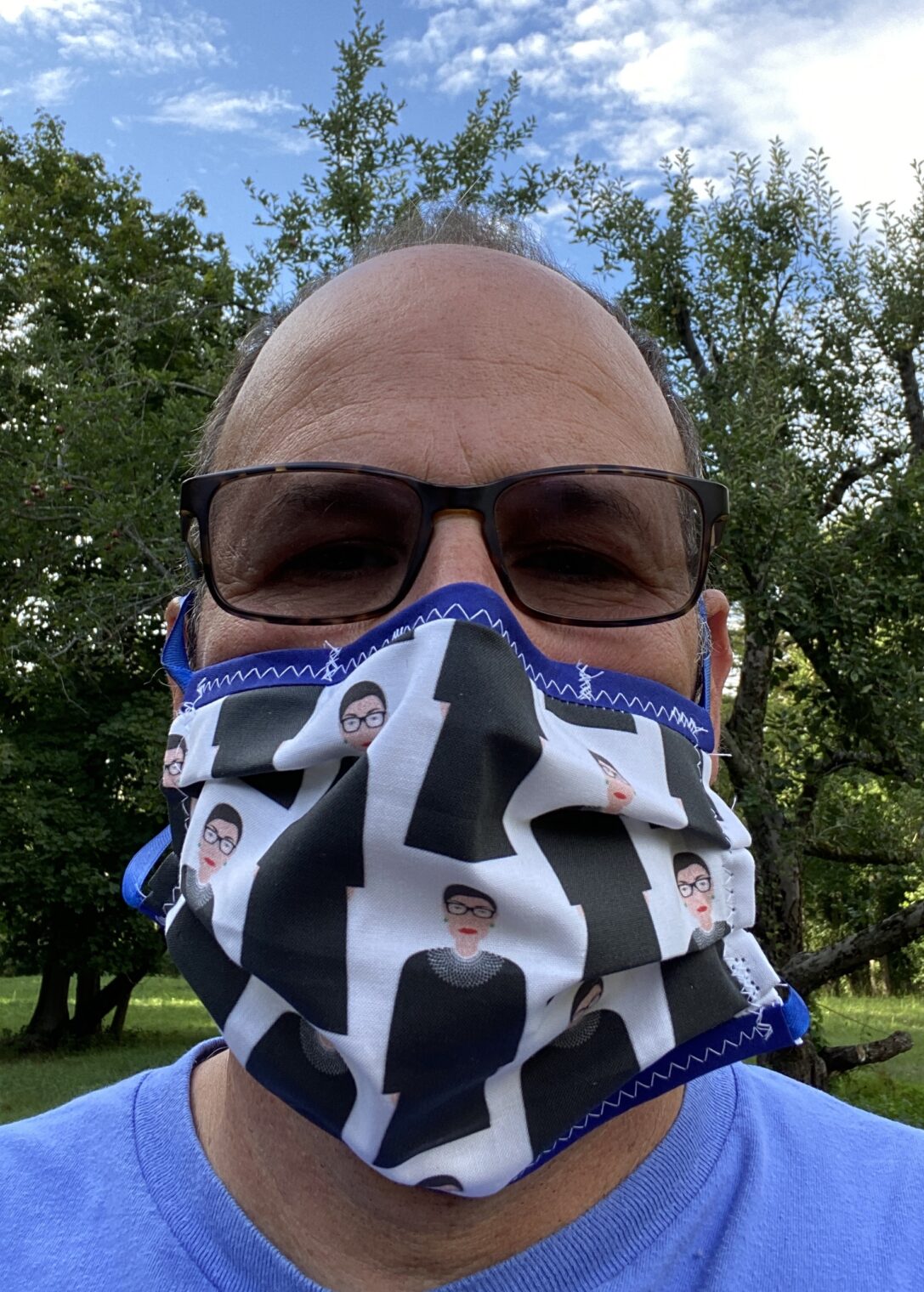
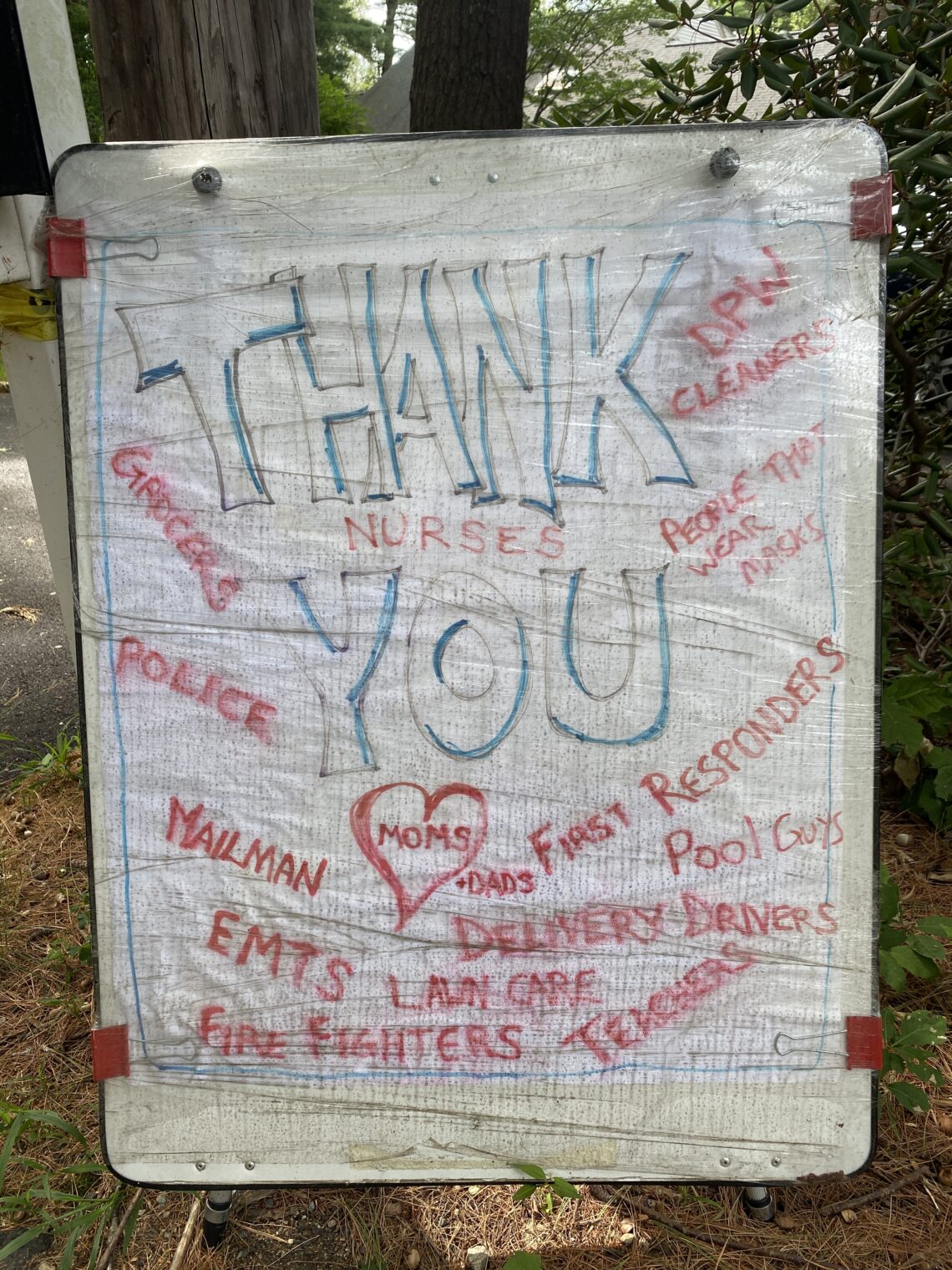
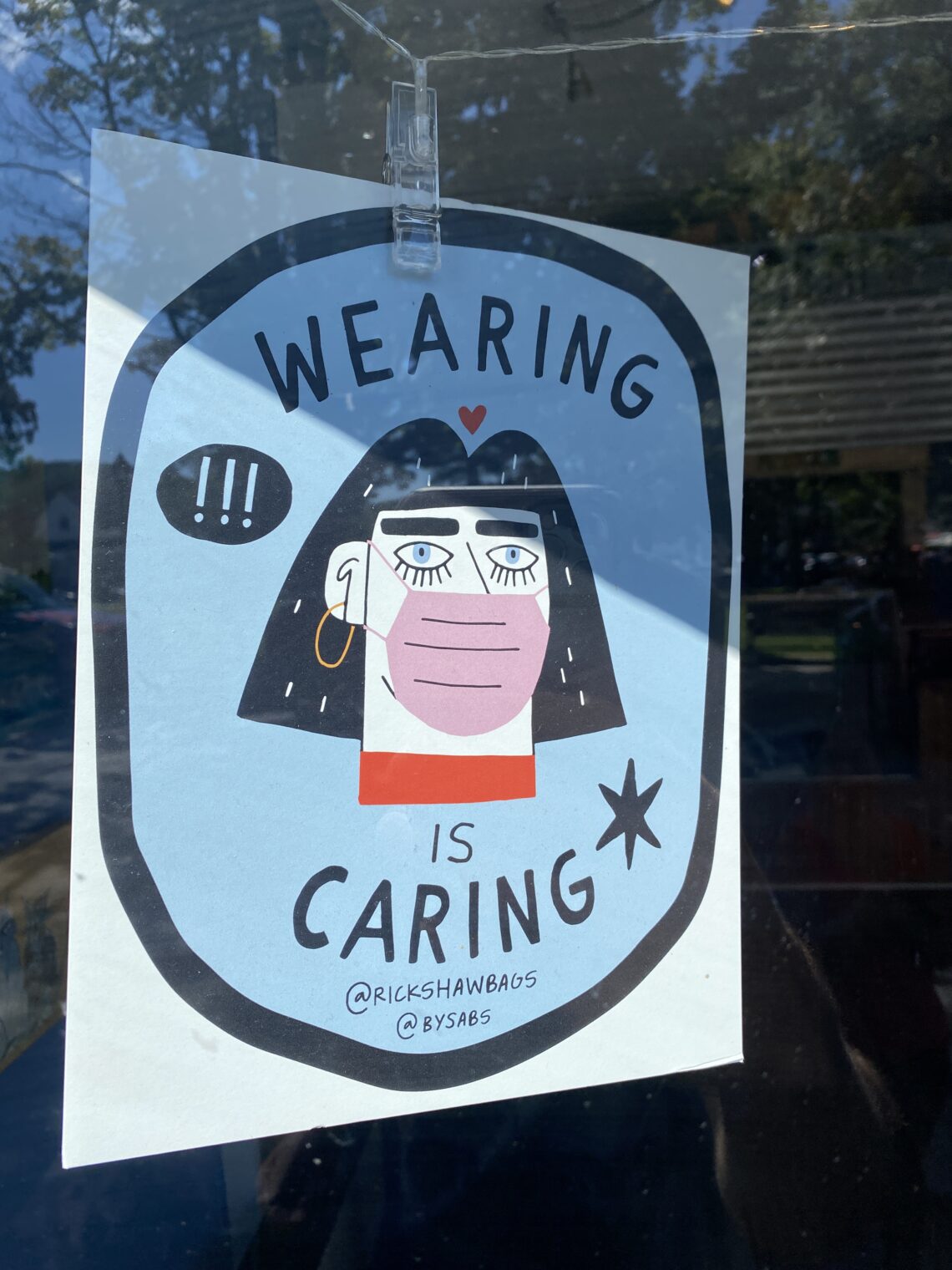
What is she thanking the pool guys for? Work and school from home must be cutting into pool guys action these days.
Current masks do not work well. Even N95 respirators only achieve something like 85% in real life when worn correctly (Ref: https://www.medrxiv.org/content/10.1101/2020.03.28.20043471v1)
We need a revolutionary mask – and its coming 😉
Oh come on, Phil, the masking is an accouterment of a religious movement with the mask serving the twin purposed of some sort of amulet shields you from harm and equally important shows that you are a believer. Trying to convince people that the science does not support masking is like trying to convince the faithful that the wafer is not the Body of Christ because the science seems to indicate otherwise.
Are you going to do an article that seatbelts don’t work?
Do you know how many Americans die who wear seatbelts? They must work.
Oddly enough most post-op infections don’t come from sick surgeons.
Alex B: If you can find me a country in which almost everyone wears seatbelts and that has a simultaneous exponential rise in car accident injuries and deaths (see https://www.bbc.com/news/world-europe-53954562 for how France has both masks and an exponential plague currently) and also a country in which nobody wears seatbelts, but there is a lower or similar rate of injuries/deaths, then I would be happy to write that article!
(Separately, seatbelts are only a small part of reducing per-passenger-mile car accident deaths. The heavy lifting is done by building divided highways and other road engineering upgrades.)
@Alex B, seat-belts, hamlets, et. all. do save lives. Those are mean tested and the public is educated on how to use them. Face-masks, on the other hand, are not mean tested and here is no evidence they will prevent infection. Two simple fact as to why:
1) So many in public, at all ages, are not wearing or using face-masks correctly, and there is no discussion on how to keep face-masks clean from infection, when to stop to reuse them, et. al., and
2) If face-masks do work, then we should make them mandatory by law, just like seat-belts are, every year during the flu session. Having such a law will prevent infections which means less sick days, less cost to medical, companies and government as we would have fewer folks sick at home or in hospitals.
philg: imagine what a faster rising exponential that would have been without the masks 😉
As much proof for this as for your hypothesis, is there.
OC: So true. We should adapt this to other domains. Example: Iraq and Afghanistan are in pretty bad shape. Imagine the truly terrible shape that they’d be in if the United States hadn’t invaded and killed huge numbers of people.
How about car seats for kids over 2?
Mike: Fascinating! For those who don’t have the patience to watch the Total Eager Douchebag channel (TED), the same economist published https://www.nytimes.com/2005/07/10/magazine/the-seatbelt-solution.html
It is amazing that Americans still want to fight on every front: coronavirus masks, sanitizing against coronavirus, shutdowns, car seats, anti-smoking, organic food, etc.
And no mention of TED should ever be made without also referencing https://youtu.be/8kDlkbq0FYM (Turkish Airlines)
Perhaps you could compare the population age difference between Japan and the US before you compare influenza death statistics between two very different countries?
Here, I’ll help you. Japan, age 65+ are 28% of the population (aka the highest in the world.) US, age 65+ are 16%.
Next, please compare influenza-associated respiratory mortality rate by age group, and you can return to correcting your insinuation that if Japan were to de-mask, their influenza death rate would be lower.
Perhaps you could also include Japan in your case #2? It would be a great comparison since you have some interest in Japan. Of course, as we’ve learned, it’s difficult to compare two very different countries.
ML: Japan has a track record of provisioning clean public restrooms, so at least in theory the Japanese could use masks the way the WHO recommended (i.e., in conjunction with handwashing).
@philg are you sure Sweds don’t wear masks? I got second hand information masks are required at least at one large Swedish university.
IHME says 1% of the Swedes wear masks: https://covid19.healthdata.org/sweden?view=mask-use&tab=trend (we could doubt IHME, but that would be denying science!)
chip_mk: Of course, if Sweden did have any Mask Karens they would naturally be concentrated at universities, just as American Mask Karens are. See https://philip.greenspun.com/blog/2020/05/13/the-swedes-actually-did-have-covid-19-models/ for example for how the Swedish university forecasters told the public to expect a Black Death-type mortality rate, overestimating ICU demand by 40X (the government MD/PhDs overestimated by 3X). Generally speaking, the Nordics, like the Dutch, seem to think that masks might be useful in situations where people don’t have any choice about how close to stand/sit. So a subway train or bus, for example, or maybe a lecture hall in which every seat were filled (but the Swedish public health officials would then say that after a few minutes you’d get the virus in such a hall because a mask cannot compensate for the lack of distance).